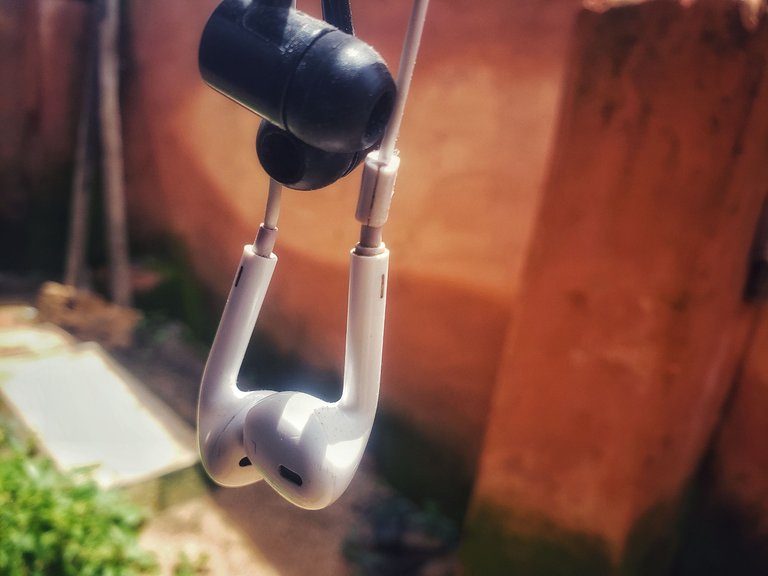The Musical Language: A Universal Appeal
“Music is a universal language.”
That's a statement virtually known by any who's into the world of music, and even those not within. To an extent, anyone who has a connection with music and just loves it would be familiar with that statement. The thing though is, how many of such music lovers, musically inclined people have sat to consider what that actually meant?
Perhaps, many might have an understanding about that for some reason, through some means. However, this prompt would be a good start to exploring and understanding what is meant when the statement reads, “music is a universal language.” By the statement, it means this already is a fact-that music is a universal language-not a new claim trying to find backing. You would agree that this has been highly accepted as so.
Music is beautiful, a wonderful sense of ideas, actions, resources, efforts and skills put together to bring forth something worthy of listening to. If you remove music, the human ear would have less to feed on. But then, don't we think there's something more than the melody and rhythms of music? Of course, and that sets the table for this discourse.
When we see music beyond just a melody, a sound, beyond something just soothing us within, we'll see and know that it speaks a language of its own. Now, the name of that language I don't know; chuckles, but I'm most certainly that it speaks something. One of the reasons I consider the lyrics of a song very powerful, that music speaks a message.

When music is termed a universal language, it is defined first as something acceptable and practised everywhere in the world. I hardly think that there's a country which doesn't accept music is against it. Although there's a diversity in the styles of music from one region or part of the world to another; which of course adds to the beauty. The point however is that everywhere, music is done, enjoyed and appreciated.
It's for this reason, and maybe more, that in events, award ceremonies, whatever it could be, music is employed in the equation. It could look to be all about entertainment and keeping the place lively, but much more is because there's a universal acceptance that the art of music has and the feeling it brings. It evokes the same wonderful feeling universally. I wouldn't be surprised if someone is in a cave somewhere doing music, maybe acapella or employing some resources utilised as some form of instrument.
The universality of music as a language flows through different backgrounds and diversity. It has been employed in cases, as a voice to bring harmony, peace, order and unity between people. Some songs were sung featuring people of diverse backgrounds and nationalities, to produce a coherent singular message.

Now, while it may seem hard to easily bring such a group of people together, the cause of music did that almost effortlessly. This is because it's a language they all understand, and even speak. Also, one that they've all accepted and adopted. And I guess everyone does too. The art of music could be a difficult one, but the feeling it brings is something everyone understands, and as such, a universal language.
Images are mine, except otherwise.
